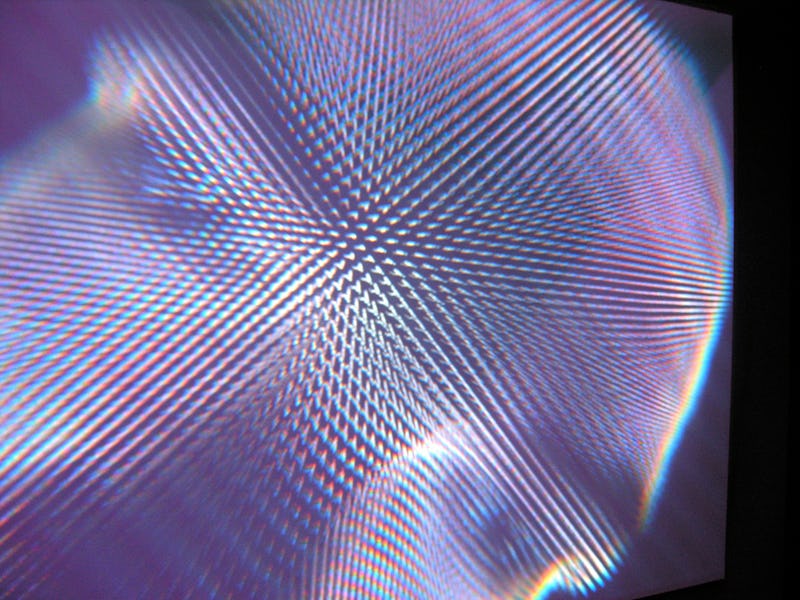News that scientists at the Chinese Academy of Sciences in Shanghai have created a 3D imaging system capable of determining the biological age of humans based on facial scans shouldn’t be greeted enthusiastically by cosmetic companies, whose claims are about to get factchecked, or anyone who hates spoilers. Though the technology, which was written up in Cell Research, is being touted as an impressive bit of cartographic reverse engineering, the machine is more fortune teller than physician.
Here’s why: The concept of “biological age,” which — it should be said — plenty of scientists find suspect, is built on the idea that different people of the same actual age have different life expectancies. It is what your actuary is thinking about when you invite him (or don’t) to your 30th birthday party. Put another way: The 3D imaging machine isn’t telling people how much they lived, it’s calculating when they’ll stop living.
Even if the technology is used for good and individual results are kept the hell away from the insurance industry, this technology — if it proliferates — could have doctors breaking difficult news to patients like this: "I don't know how to tell you this, but you've only got 65 years to live."
That calculation is obviously complicated by a number of variables, not the least of which is that babyfaced 20-something can always get sideswiped by one of the chauffeur-driven Buicks charging down Shanghai's Nanjing Road. Still, nature abhors a poker face. Cholesterol levels, blood markers, and protein deficiencies affect facial plumpness and structure, meaning that it is possible to get a pretty good sense of someone's overall health by just looking hard enough at them.
The upside is obviously that biological age calculations might convince some smokers and drinkers and candlestick makers to take better care of their bodies, but there is a downside as well. This machine, which consistently produced results in line with thorough blood tests, is going to ruin a lot of birthdays — or, at least, make them feel pretty darn irrelevant. As we get better at quantifying our health, counting up from our birth will start to make less sense than counting down to our deaths. Blowing out candles will get a lot less fun.
